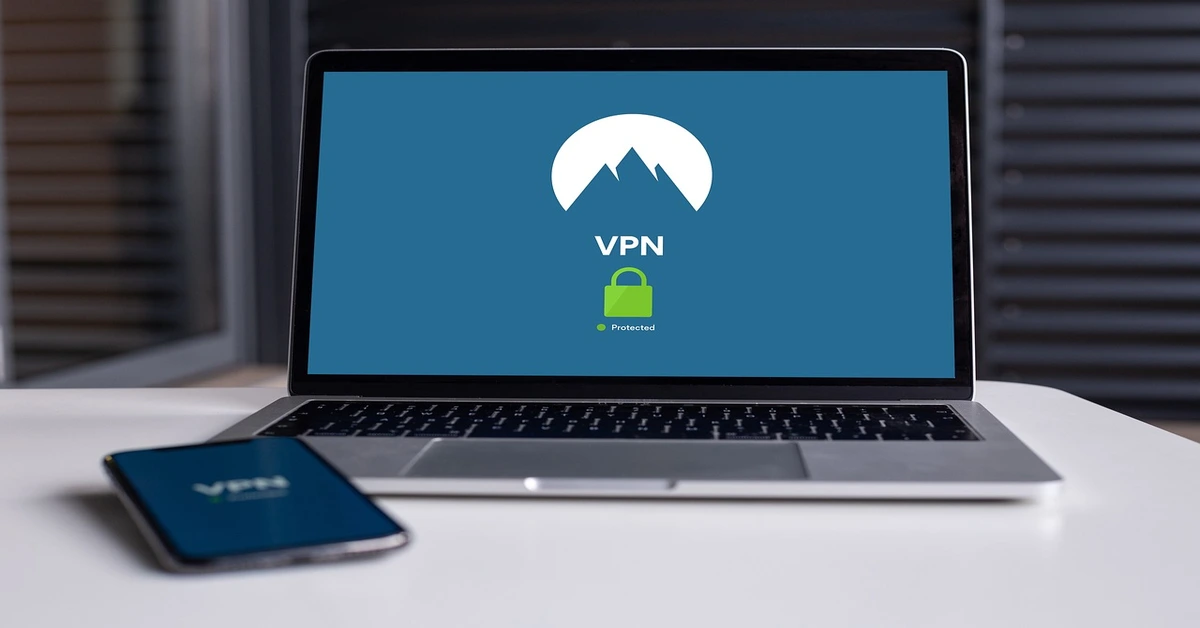Using a VPN (Virtual Private Network) is often seen as one of the best ways to enhance online privacy, encrypt internet traffic, and hide your IP address. However, many people wonder whether it’s still possible to be tracked while using a VPN. The short answer is: Yes, it is possible under certain conditions, but VPNs significantly reduce the risk. Here’s a deeper look at how tracking works and how VPNs help protect your online anonymity.
How Does a VPN Work?
Before diving into tracking possibilities, it’s essential to understand how VPNs function. When you connect to a VPN, it creates an encrypted tunnel between your device and the VPN server. This encrypted tunnel:
- Hides your actual IP address and replaces it with the VPN server’s IP.
- Encrypts all your internet traffic, making it unreadable to anyone trying to intercept it (e.g., hackers or your ISP).
The main goal of a VPN is to anonymize your online activities and shield your data from being accessed or monitored.
Ways You Can Still Be Tracked While Using a VPN
Despite the security and privacy benefits of VPNs, there are still methods that can be used to track you. Here are some of the ways:
Tracking Cookies and Browser Fingerprinting Even with a VPN, websites can still track you using cookies and browser fingerprinting. Cookies are small files stored on your device that help websites remember your preferences and login sessions. If a website has previously installed tracking cookies on your device, these cookies may still function when you reconnect through a VPN, allowing websites to track your activity across the web.
Browser fingerprinting is another tracking method that collects information about your device and browser settings, such as your screen resolution, installed fonts, and extensions. This creates a unique profile that can help websites identify you, even if your IP address changes.
VPN Provider Logs Your VPN provider has the potential to track your activities if they maintain logs of your usage. These logs can include your connection times, IP addresses, and websites visited. While many VPNs claim to have a “no-logs” policy, it’s essential to read their privacy policy carefully. In some cases, governments may force VPN providers to hand over logs if necessary for legal reasons.
DNS Leaks A DNS (Domain Name System) leak occurs when your DNS requests (the process that translates a domain name like “google.com” into an IP address) bypass the VPN and are sent directly to your ISP. When this happens, your ISP can track the websites you visit even though you’re connected to a VPN. DNS leaks are one of the primary risks when using VPNs, but many VPN providers offer leak protection to prevent this from happening.
WebRTC Leaks WebRTC (Web Real-Time Communication) is a technology that enables voice and video chats within your browser. However, it can also reveal your actual IP address even when using a VPN. WebRTC leaks are more common in browsers like Chrome and Firefox, and users can prevent these leaks by disabling WebRTC or using browser extensions that block such leaks.
Government Surveillance and Advanced Techniques Some governments employ sophisticated tracking and surveillance methods. If you are in a country with stringent internet censorship laws, government agencies may use deep packet inspection (DPI) or other advanced methods to detect VPN usage. They may block VPN traffic or even require VPN providers to store user data.
Malware and Phishing Attacks A VPN does not protect against malware or phishing attacks. If your device is compromised by malware, your browsing activities and personal data can be tracked, regardless of your VPN connection. Additionally, if you fall victim to phishing attacks, attackers can trick you into revealing personal information or access your accounts, bypassing the protection a VPN provides.
How to Reduce the Risk of Being Tracked While Using a VPN
While it is possible to be tracked with a VPN, there are several ways you can enhance your privacy and security:
Use a Trusted No-Logs VPN: Opt for VPN providers that have a strict no-logs policy and have been independently audited to verify this. VPNs like ExpressVPN, NordVPN, and ProtonVPN are known for their strong privacy practices.
Enable DNS Leak Protection: Ensure that your VPN has DNS leak protection enabled, preventing your ISP from seeing which websites you visit.
Disable WebRTC in Your Browser: You can disable WebRTC in your browser settings or use browser extensions that block WebRTC leaks.
Use Incognito Mode and Clear Cookies: Incognito mode in your browser doesn’t store cookies or browsing history. Combine this with regularly clearing your cookies to reduce tracking.
Use Privacy-Focused Browsers and Extensions: Browsers like Tor or extensions such as uBlock Origin and Privacy Badger can block trackers and enhance privacy when combined with a VPN.
Avoid Logging into Identifiable Accounts: If you log into accounts like Google or Facebook while using a VPN, your activity could still be tracked by these platforms, even if your IP address is hidden.
Conclusion
While VPNs provide an excellent layer of security and privacy, they are not a silver bullet for preventing all forms of tracking. By understanding the potential vulnerabilities and taking additional steps like disabling WebRTC, using no-log VPNs, and employing privacy-focused browsing habits, you can significantly reduce your chances of being tracked online. Ultimately, the effectiveness of a VPN in maintaining your anonymity depends on how you use it and the trustworthiness of the service provider.
If your goal is complete anonymity, consider combining a VPN with other privacy tools like the Tor network, using encrypted email services, and following best security practices to enhance your protection online.

